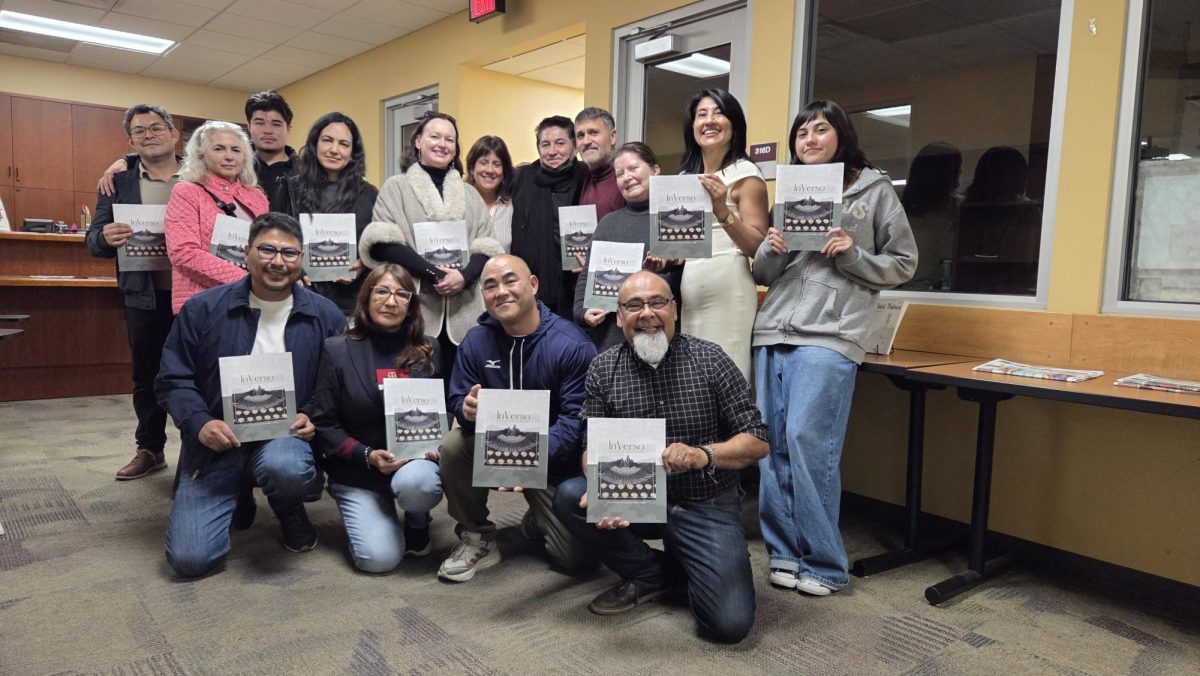Her journey first began as a little girl. For CSUN lecturer Denice Labertew, advocacy for social change has always been a part of her life.
“My mom always said I was kind of a smarty pants,” Labertew said. “I remember a story of when her dad asked a question and I answered it. He told me, ‘as a girl I don’t want to hear from you’ and I said, ‘granddad, you can’t talk to me like that’. [My mom] kind of giggled under her breath and my grandfather got very frustrated.”
Today, Labertew teaches in the criminology and justice studies department. However, this July, the lecturer will travel to India to assist the educational institution National Law University Odisha in developing a curriculum that supports the queer community with legal efforts. The program, called Capacity Building in Law and Queerness Teaching and Research, will focus on looking more expansively at gender and incorporating queerness, according to Labertew.
“I’m really focused on trying to make it the best exchange that it can be,” Labertew said. “To be able to learn and bring back some of the work that’s being done in India around these issues and to support some of the work that’s happening there, I mean it’s a range of emotions.”
In the last several years, legal rights for the LGBTQ+ community in India have expanded, according to AP News. However, same-sex marriage still remains illegal, which means many LGBTQ+ couples are prohibited from accessing legal matrimonial benefits like health insurance and adoption.
“I absolutely think that it is critical for us to understand that our liberation as queer folks, as women, as people of color, as indigenous people, as migrants, as whatever we are, our liberation is bound together,” the criminology and justice studies educator said. “I think what I always take from this international work [I do], is the ability to work side by side with people who are doing amazing revolutionary liberation work.”
Although this is Labertew’s first time working with National Law University Odisha, this will not be her first trip to India. The lecturer first visited the diverse country years ago, to help Indian officials “develop capacity around gender-based violence,” according to CSUN Today.
“I went to work with the community after a pretty high-profile case, where a woman was sexually assaulted and later died of her injuries,” Labertew explained. “When I [first] went to India, I was really introduced to groups of amazing advocates who were doing such amazing work in their country.”
Aside from working with international communities, the CSUN lecturer has also worked with the diplomatic organization, United Nations. The UN aims to maintain international peace and security. The organization also seeks to protect human rights and deliver humanitarian aid to countries that need it.
Just last year, Labertew traveled to Geneva to testify at the UN in the International Convention on Civil and Political Rights. The ICCPR is an international human rights treaty that requires countries that have ratified the treaty to defend basic human rights, according to the American Civil Liberties Union. The United States ratified the ICCPR in 1992.
“I was able to testify that women were being incarcerated for defending themselves and that women prisoners were having their constitutional rights and civil rights revoked around bodily autonomies,” explained the criminology and justice studies educator.
Through the years, Labertew has provided immense support and assistance to international communities looking for social change. Looking back, the CSUN lecturer is proud to see how far she has come. She never imagined that this would be where she would end up.
“I think one of the most exciting things for me is to share that story with my students,” Labertew said. “I often think about that young single mother sitting in a community college classroom thinking, ‘How am I going to get through this?’”

















